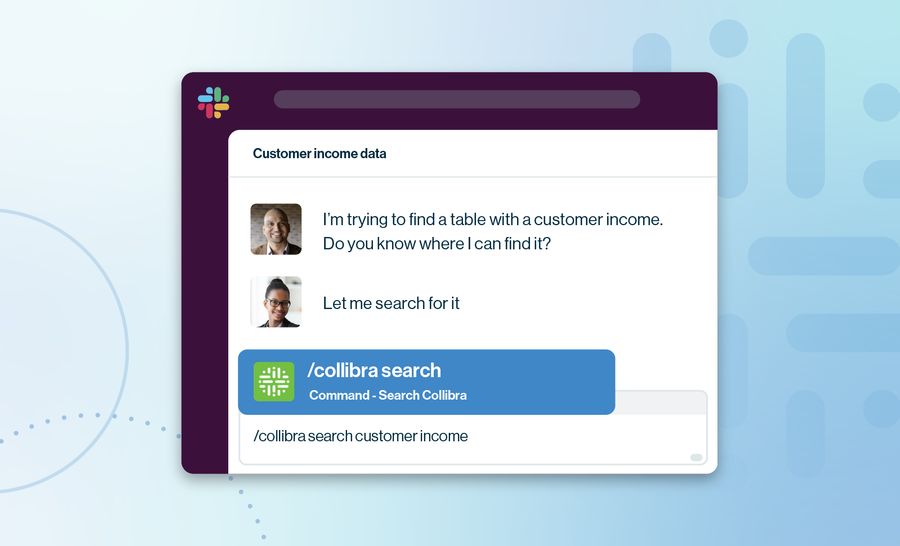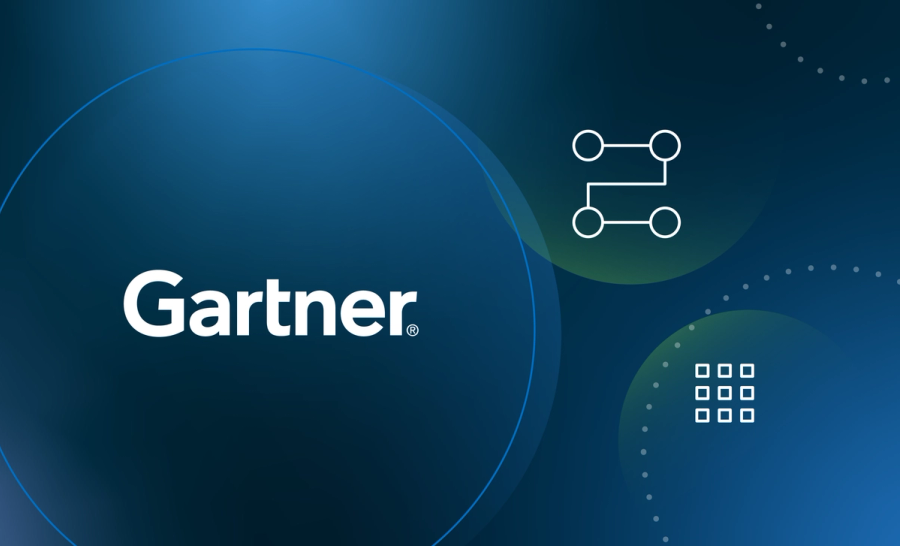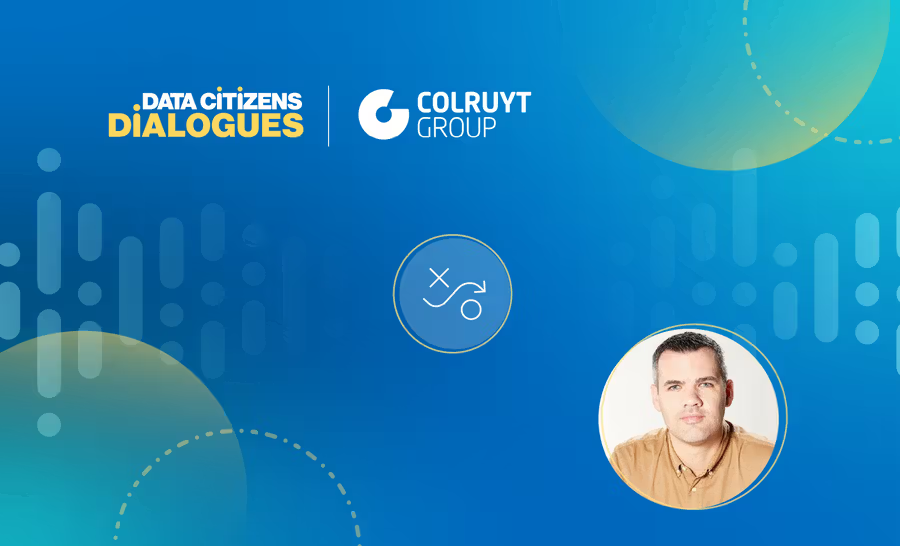Expert strategies for data programs

Tanja Glisin of TELUS joined us on The Data Citizens Dialogues podcast. Here are the main takeaways.
***
The journey to effectively managing and leveraging data within an organization is rarely straightforward. It demands strategic vision, operational excellence and an understanding of how data drives business value.
The challenges can be daunting for those in data program ownership roles. Yet, the experience of seasoned experts who have faced these challenges offers invaluable guidance.
To help navigate this landscape, we're sharing insights from Tanja Glisin, TELUS's Strategy Manager and an experienced metadata management leader. With years of hands-on experience, Tanja has played a key role in shaping TELUS's approach to data governance.
"Our mission is to empower TELUS with a comprehensive metadata management platform," Tanja explains, "enabling business units to efficiently manage, govern, and leverage their data assets."
This guiding principle has been central to TELUS's success and earned the company recognition as Data Program of the Year at the Data Citizens Conference.
From databases to governance
Tanja's career path is a story of evolution, driven by curiosity and a willingness to embrace the unknown. Reflecting on her beginnings, she shares: "I didn't even know there were data management roles at the time… I started as a Database Administrator." From there, she ventured into ETL programming, data modeling and data architecture, gaining a deep understanding of how data operates.
Her transition into data quality management marked a pivotal point. Tanja recalls, "Every time I said yes to something, I learned a lot and kept building on it." This openness to challenges eventually led her to governance, equipping her with a holistic view of data management's strategic dimensions.
Today, Tanja leads TELUS's metadata management program, focusing on empowering business units to maximize their data assets. This reflects TELUS's commitment to fostering a data-driven culture where information is accessible and actionable.
Building and leading the right team
Success in every data management program begins with assembling a team that aligns with the program's goals and evolves with its needs.
Tanja highlights that team requirements shift over time. What is critical in the early stages—like identifying quick wins—may differ drastically from the needs at the three-year mark when scaling and refinement become priorities.
However, a team's needs during those initial months will be different from their needs during execution. This means that the leader needs to consider how to adapt the team approach as it grows, understanding that different roles will have different needs.
Data program owners are key in guiding their teams and ensuring alignment across the organization. A crucial part of this role is managing expectations. As Tanja explains, "I think my job is really to manage expectations… Stakeholder management is a big one." It's not about making everyone happy but about understanding and addressing the needs of a diverse range of stakeholders, from senior management to external partners.
In addition, Tanja notes the importance of developing a "sixth sense" to identify and mitigate risks. This means being proactive and having plans to handle these potential risks by getting close to stakeholders, understanding how they react and shaping a plan of action.
Tanja also stresses the importance of maintaining morale during challenges. Referring to herself as a "Chief Morale Officer," she explains, "You have to be relentless—the person who doesn't go down quickly." Leaders can inspire confidence and keep the program moving forward by staying upbeat and reassuring the team that setbacks are temporary.
Data democratization: making data accessible
For Tanja, ensuring data is accessible across the organization is a cornerstone of any data management program. "Data is not meant to be locked up," she emphasizes.
This philosophy aligns perfectly with TELUS's focus on data democratization, which creates an environment where information is no longer confined to silos but is available to drive insights and innovation.
With a clear vision, TELUS's initial goal was to enable self-serve data access, empowering users to "find what they're looking for" without relying on intermediaries.
By breaking down silos, employees at all levels are encouraged to take ownership of how they use data. Marketing teams can leverage customer insights, while operations teams streamline workflows based on performance metrics.
However, achieving true data democratization requires more than tools—it demands a cultural shift. Organizations must view data as a shared resource and invest in training, governance policies and quality assurance. TELUS's journey demonstrates that democratized data fosters innovation, agility and collaboration.
Continuous improvement and learning
In a field like data management, it is important to develop a continuous improvement mindset, which allows teams to view change not as an obstacle but as an opportunity for growth and adaptation.
Tanja considers it crucial to monitor the program's progress constantly, noting, "Are we still going where we said we want to go and need to go? And if that's not true, you have to do something differently about it." This constant assessment and optimization of impact are critical for any data program owner who wants to deliver tangible value.
Tackling complexity and building a strong data foundation
A strong focus on metadata is critical to tackling complex data. "Metadata programs are foundational for anything you want to do with data," Tanja explains.
Metadata is the backbone of efficient data discovery, governance and utilization. By providing essential context—such as data origin, structure and usage rules—metadata ensures that data remains accessible, reliable and compliant.
Organizations prioritizing metadata can democratize data, foster a data-driven culture and improve decision-making. Moreover, metadata enables agility, allowing companies to execute their strategies without delay.
This foundation also supports the growing need to think about data as products. By viewing data through this lens, organizations can design tailored, user-friendly solutions for diverse audiences, enhancing adoption and delivering more impactful insights.
From vision to execution
While vision and strategy are vital, successful data programs hinge on execution. Tanja highlights the importance of starting small and breaking down large challenges into manageable steps: "How do you eat an elephant? One bite at a time."
By addressing complex problems incrementally, teams can move forward with focus and structure.
Delivering business value quickly is critical to gaining stakeholder advocacy. A well-executed data program speaks for itself, driving results without extensive promotion.
Laying the foundation for data-driven success
Tanja envisions a future where AI revolutionizes industries, urging leaders to act without hesitation. "Don’t delay… Industry trends are changing rapidly," she advises, emphasizing the importance of leveraging existing frameworks rather than reinventing the wheel. "Use all your previous knowledge, all the frameworks that are out there," she notes.
Partnerships also play a vital role in scaling data programs effectively. A trusted partner can simplify the complexities of building a robust data practice. "It takes the burden off your chest," Tanja explains, underscoring the importance of support systems, especially in the early stages.
Her journey provides a practical blueprint for overcoming data management challenges. Listen to her episode of the Data Citizens Dialogues here.
In this post:
Related articles

Data GovernanceJuly 28, 2025
Your new shortcut to trusted data: Collibra’s two-way Slack Integration

Data GovernanceJanuary 16, 2026
Collibra recognized as a Leader for the second consecutive year in the Gartner® Magic Quadrant™ for Data and Analytics Governance Platforms

Data GovernanceAugust 12, 2025
Beyond buzzwords: Unpacking Data Confidence as AI’s foundational truth

Data GovernanceMay 12, 2025
The ultimate guide to building a data-driven organization: 5 pillars for success
Keep up with the latest from Collibra
I would like to get updates about the latest Collibra content, events and more.
Thanks for signing up
You'll begin receiving educational materials and invitations to network with our community soon.
